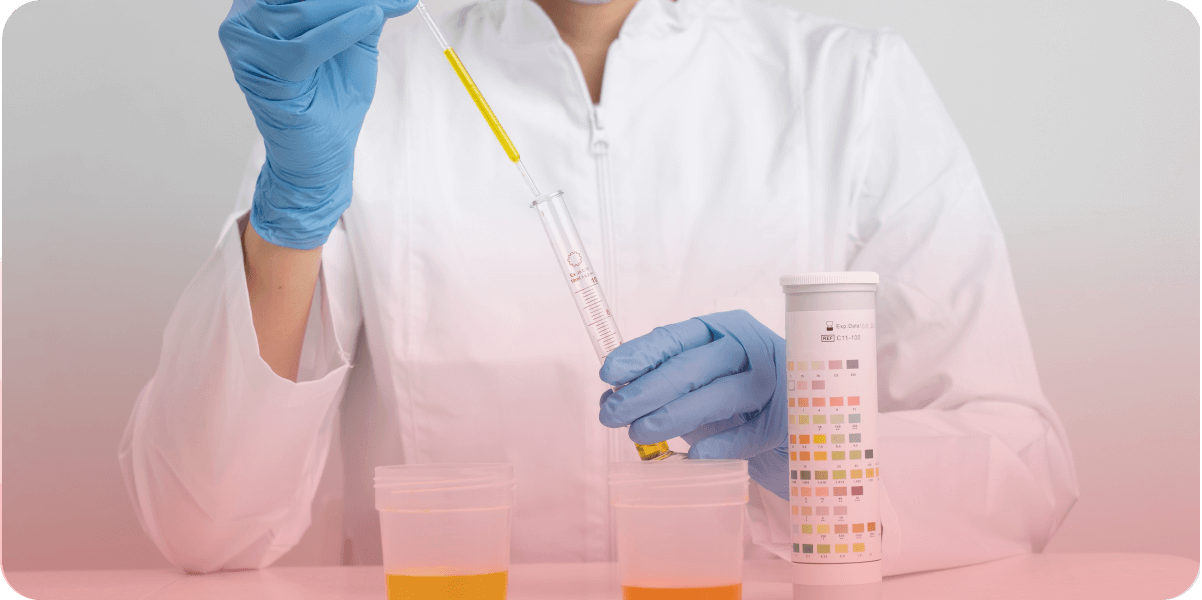Recently CBD has gained popularity as some researchers say it could be highly beneficial to treat certain medical conditions. Many employers have questions about the effects of CBD on safety and how it will relate to their workplace drug testing policy and practices.
What is CBD?
Cannabidiol or CBD is one of approximately 400 compounds found in cannabis, the same plant that produces the compound delta-9-tetrahydrocannabinol (THC). While CBD comes from the same plant as THC and shares some similarities, it does not produce a “high.” Early research shows that CBD may benefit medical and therapeutic issues such as seizures, neurological diseases, pain, cancer, inflammation, and mood disorders, including PTSD.
In some medical marijuana states, CBD products are allowed to have residual levels of THC up to 5%. Early research of CBD products has shown some adverse reactions in some people such as drowsiness, fatigue, decreased blood pressure, anxiety, possible endocrine disruption, altered immune function, dizziness, psychomotor slowing, and diarrhea.
Will I fail my test?
CBD itself would not report positive for marijuana or the marijuana metabolite. If the CBD product contains THC at a sufficiently high concentration (5% or higher as allowed in some states where medical/recreational marijuana is decriminalized), it may cause a positive. Keep in mind that CBD with a residual level of 5% THC is not legal in all states.
It is important to remember that neither CBD nor medical marijuana use is allowed to be considered an alternative medical explanation for the positive test result when the test is regulated by the Department of Transportation (DOT).
The important part of workplace testing is to educate your staff and managers. Give us a call if you have any specific questions about CBD use in the workplace! 1.800.452.0030 ext. 0

